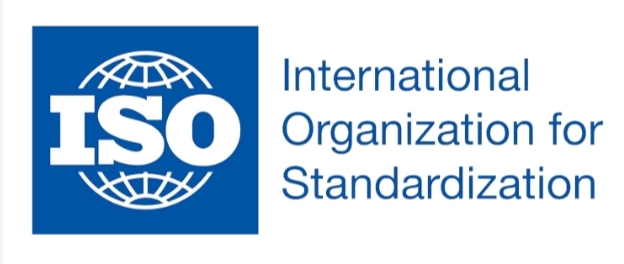- This is an international Standard – Setting body Composed of representative from various industries, including technology, food safety, and quality management national standards Organisation . It is an independent, non-governmental organization that develops and publishes international standards
- Standard is the process of implementing and developing technical standard based on the consensus of different parties that include firms, users, standards Organisation and government.
- Founded on 23rd February 1947.
- Headquartered in Geneva, Switzerland.
- 164 Countries are the member of this Standard.
- Official language are English, French and Russian.
Key aspects:
- Voluntary standards: ISO standards are voluntary, but widely adopted and respected globally.
- Industry-specific: ISO develops standards for various sectors, such as manufacturing, healthcare, and IT.
- Global relevance: ISO standards are designed to be relevant and applicable worldwide.
- Consensus-based: ISO standards are developed through a consensus-based process, involving experts from various countries and industries.
- Continuous improvement: ISO standards are regularly reviewed and updated to reflect technological advancements and changing industry needs.
Benefits:
- Improved efficiency: ISO standards help organizations streamline processes and improve efficiency.
- Enhanced quality: ISO standards promote quality management and reduce errors.
- Increased customer satisfaction: ISO standards help organizations meet customer expectations and improve satisfaction.
- Global compatibility: ISO standards facilitate international trade and collaboration by providing a common language and framework.
- Competitive advantage: Organizations that adopt ISO standards can gain a competitive advantage in their industry.
Popular ISO standards:
- ISO 9001 (Quality Management)
- ISO 14001 (Environmental Management)
- ISO 27001 (Information Security)
- ISO 22000 (Food Safety Management)
- ISO 45001 (Occupational Health and Safety)
By adopting ISO standards, organizations can demonstrate their commitment to quality, safety, and sustainability, and reap the benefits of improved efficiency, customer satisfaction, and global compatibility.
